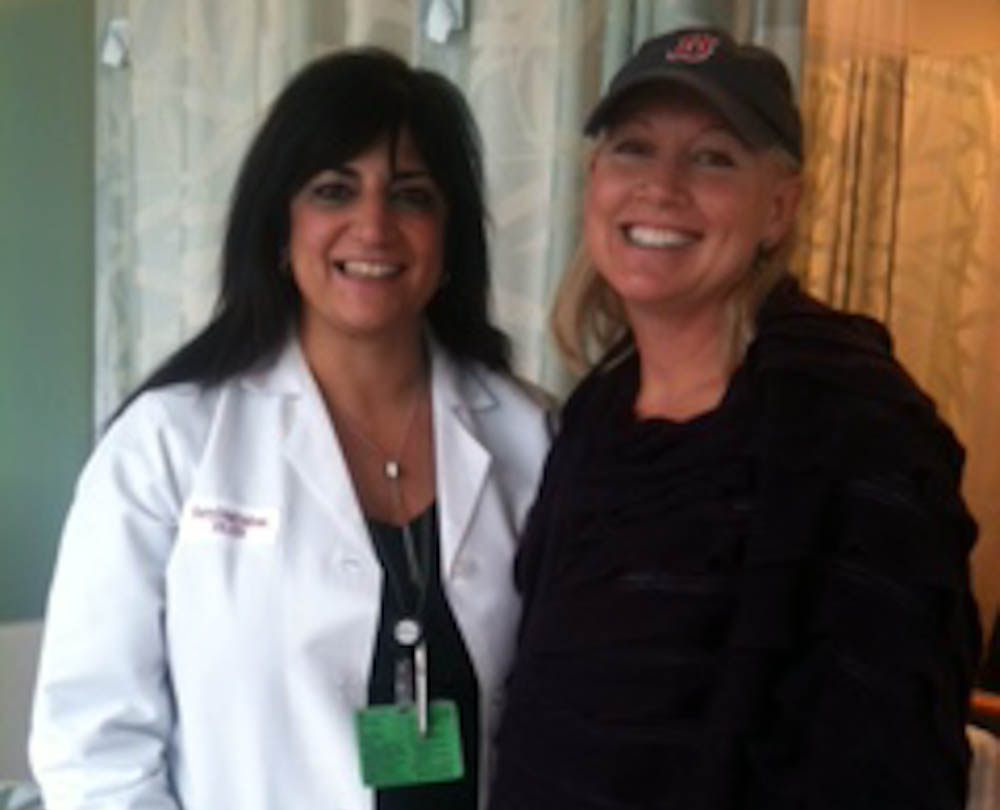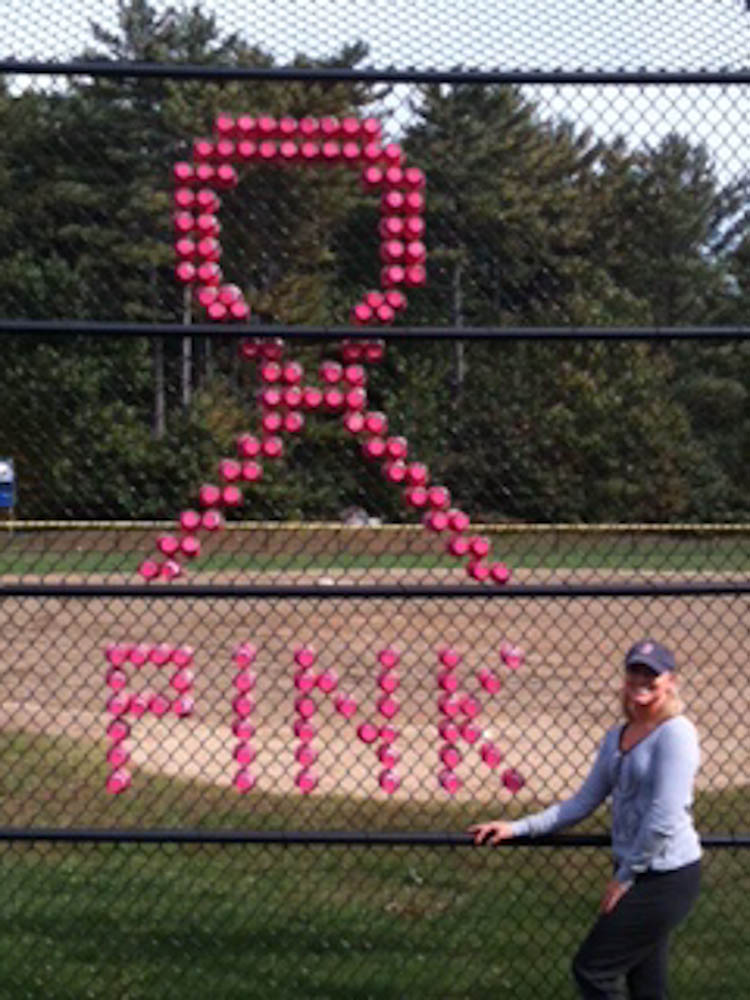After more than a year of chemotherapy and radiation, Pamela Gasek was finally cancer free. She had completed treatment for breast cancer, but now she had to decide how to move forward.
Breast cancer remission brings new challenges such as managing relationships and dealing with lasting side effects from treatment, and Gasek needed some guidance.

At the suggestion of Dana-Farber social worker Julie Salinger, LICSW, Gasek joined Facing Forward after Breast Cancer, a group workshop that helps guide patients through the transition from treatment to survivorship.
“It was great to get support from the other women in the program; it helped me feel like I wasn’t alone,” Gasek says. “It truly is a sisterhood.”
For many breast cancer survivors, life after treatment can bring on a new set of worries and questions. There are concerns about finances, relationships, and diet, as well as fear that the cancer might return. Every session of Facing Forward includes a presentation from a Dana-Farber expert who focuses on a survivorship topic such as physical recovery, psychosocial counseling, sexuality and intimacy, nutrition and exercise, and mindfulness. Speakers provide practical information about recovery, answer general questions, and help create a safe, supportive environment for patients as they transition out of treatment. Patients are also given time to share their own experience of recovery if they wish to do so.
Read more:
“The end of treatment is an exciting milestone, but for many it is also a surprisingly challenging time,” says Salinger, a social worker with Dana-Farber’s Susan F. Smith Center for Women’s Cancers. “This program addresses some of those challenges and helps patients ease back into life with realistic expectations and support from peers.”
Launched by Nancy Borstelmann, MPH, LICSW, director of social work at Dana-Farber, Facing Forward started in 2002 after several patients had asked for a support group for new breast cancer survivors. Staff at Dana-Farber had also noticed the increased anxiety of patients during the transition. Since 2009, Salinger has overseen Facing Forward and has offered the six-week program twice a year.

“Because of the support I received from the Facing Forward program, I’m now healthier than I’ve ever been and I’ve made the effort to surround myself with positive, loving people,” says Gasek, who has since returned to the Facing Forward group as a special patient speaker.
For Gasek, the knowledge she gained from Facing Forward motivated her to concentrate on her well-being and embark on the next part of her cancer journey.
“If I had to give a piece of advice to a woman who is newly-cancer free, it would be to be open to support from others and take advantage of all of the resources that your treatment center has to offer,” she says.
